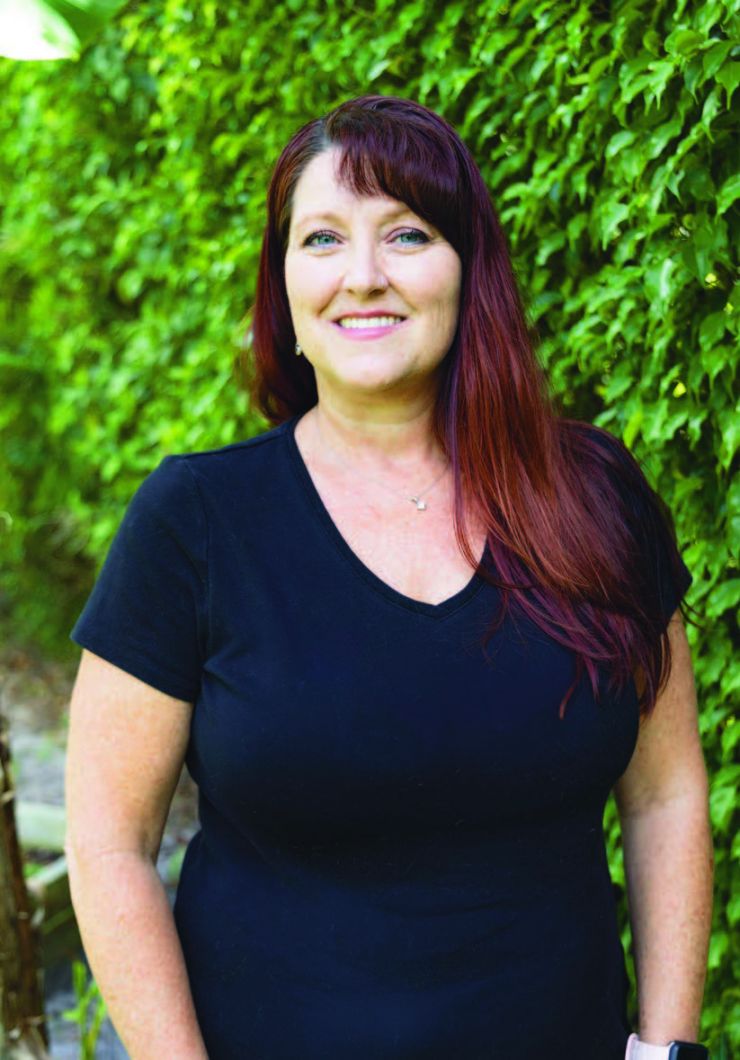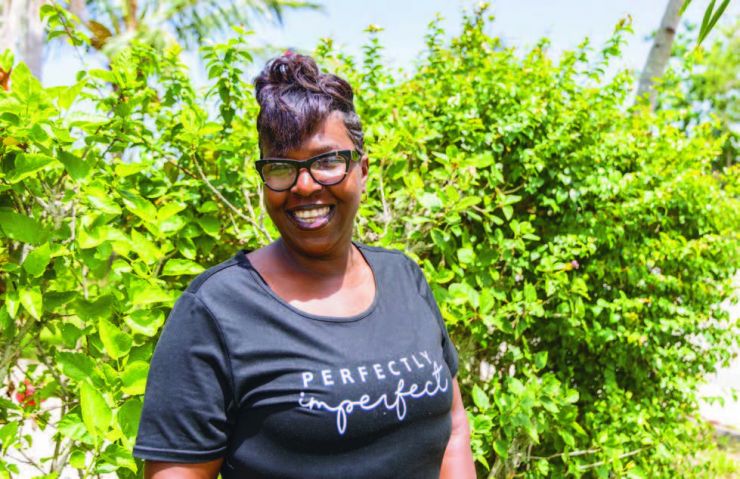Family Planning
September 5, 2024
Voters in Florida have the chance to reinstate reproductive rights in November. 1199ers have joined the campaign.

History teaches us that when the legal right to abortion is eliminated or severely restricted, it does not reduce the overall number of pregnancies being terminated. Instead, illegal and unsafe procedures increase –particularly amongst women who cannot afford to travel across the country to access the healthcare they need.
Since 2022, when the landmark Supreme Court decision was overturned, 21 states have moved to ban abortion or restrict the procedure earlier in pregnancy than the standard set by the Court nearly half a century ago.
Florida is one of those states. Since May 1 of this year, abortion became illegal after six weeks in the Sunshine State. Many women don’t even realize that they are pregnant at six weeks. This means that as well as forcing families to take on more children than they can handle; the new legislation places an enormous burden on healthcare providers in Florida.
Deb Montgomery, an 1199 RN Delegate and International BoardCertified Lactation Consultant, sees a lot of new mothers at HCA Florida Palms West Hospital where she works. She is also works in the NICU.
“I expect we will soon start to see women coming into the emergency room because they have developed septicemia after a backstreet abortion,” she says. “The problem I have with politicians saying ‘let’s save babies,’ is they never think about who is going to take care of those babies. They are not pro-life; they are pro-birth. It is the lower income people who cannot afford to travel who will suffer the most.”
Virginia is currently the nearest place to Florida where legal abortion is still accessible. It is roughly 800 miles away.

“I think the 6-week ban sucks,” Jones says. “Mind your business. We’ve got bigger things to worry about. I have a daughter who is 26, and I think about her.”
Jones stresses it is important to vote—period.
“If you don’t vote, you have no right to complain. People have died for the right to vote. We don’t want a repeat of 2016,” she says.

“As it is right now, the 6-week ban is very restrictive,” she says. “I feel like they are interfering with decisions that should be made between a woman and her healthcare provider.”
Not only that, Kondas says, the 6-week ban also puts a tremendous strain on those working in the ER, which is already a high stress environment.
“We are all trained to stabilize a patient in an emergency situation,” she explains. “If a woman comes in with serious complications in her pregnancy, a doctor may have to make a split-second decision to abort the fetus to save the mother’s life. On top of all of that stress, they have to worry about legal repercussions because of the law that is in place [restricting abortion] goes against what emergency room providers are there to do, which is to stabilize the patient, and not turn them away. I have read that in some states, some women have been turned away because of this [abortion] restriction—and that is appalling.”
Kondas also worries about women who might be forced to seek out an illegal, and possibly unsafe abortion, due to their economic circumstances.
“It is something that we need to talk about,” she says. “I’m worried as a practitioner that a woman will come in septic and could go into septic shock very fast. That is life threatening. That is the type of patient that I would see in an intensive care unit.”
Even before the 6-week ban went into effect, staff in the NICU were required to resuscitate any pregnancy at 15 weeks and above, adds fellow 1199er, Montgomery.
“It is very difficult to do that on a baby born at less than 22 weeks in the womb,” she explains. “The vocal cords are not developed enough to allow the doctor to direct the breathing tube into the airway.
“Women know what they can handle. Nobody wakes up in the morning and says they want an abortion. It is a very heart-heavy decision.”
Montgomery forecasts a looming crisis brought on by Florida’s 6-week abortion ban if it is not effectively overturned this November.
Roughly nine months from now, I predict that we will see a little baby boom and more children will end up going into the already overloaded foster care system or being born into families with mothers who know they cannot handle them,” she says.
“I guarantee that if the child or grandchild of one of these politicians found themselves with an unwanted pregnancy, they would find a way to get them an abortion,” she says. “The current legislation does not stop abortion. It just makes it much more dangerous for those on a lowincome who are forced to resort to backstreet providers. Floridians who are planning to vote against Amendment 4 in November think they are voting to save babies. It is not about that. Voting “Yes” is about saving women.”

